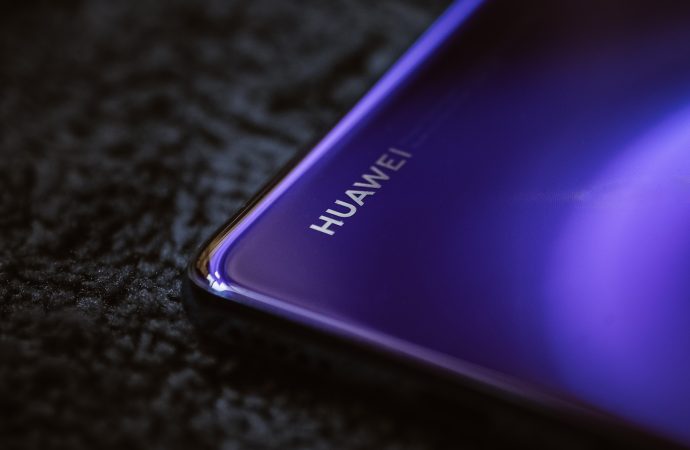In recent years, Chinese tech giant Huawei has found itself at the center of a geopolitical storm. Accusations of spying for the Chinese government, sanctions from the US, and placement on a trade blacklist have all threatened the company’s ability to do business around the world. But despite these challenges, Huawei has managed to remain
In recent years, Chinese tech giant Huawei has found itself at the center of a geopolitical storm. Accusations of spying for the Chinese government, sanctions from the US, and placement on a trade blacklist have all threatened the company’s ability to do business around the world. But despite these challenges, Huawei has managed to remain profitable – until now.
The company recently reported a 16.5% drop in profits for 2021, its first decline in three years. This is a significant blow for Huawei, which has been able to weather the storm of sanctions and blacklisting by pivoting to its home market of China and diversifying into other areas such as smart cars and cloud computing.
However, the recent drop in profits suggests that Huawei’s workaround strategies are no longer enough to offset the impact of the blacklist. One factor that may be contributing to this decline is the US government’s extension of sanctions to include Huawei’s suppliers, making it more difficult for the company to access the technology it needs to manufacture its products.
Another factor may be the increasing competition from other Chinese tech companies such as Xiaomi and Oppo, which have been able to gain market share by offering similar products at lower prices. Huawei has traditionally been known for its high-end smartphones and networking equipment, but these products may no longer be enough to sustain the company’s profits.
The decline in Huawei’s profits also has implications for the wider tech industry. Huawei is a major player in the development of 5G technology, and its struggles could impact the global rollout of this new wireless standard. In addition, the company’s position as a leader in smartphone technology means that its decline could open up opportunities for other players in the market.
Huawei has stated that it remains committed to its long-term goals, including investing in research and development and expanding its offerings beyond smartphones and networking equipment. However, the recent drop in profits is a clear signal that the company’s challenges are far from over.
As the world becomes increasingly dependent on technology, the fate of Huawei will continue to be closely watched by governments, investors, and consumers alike. The company’s ability to navigate the blacklist and maintain profitability will be a key indicator of the future of the tech industry as a whole.

















Leave a Comment
Your email address will not be published. Required fields are marked with *